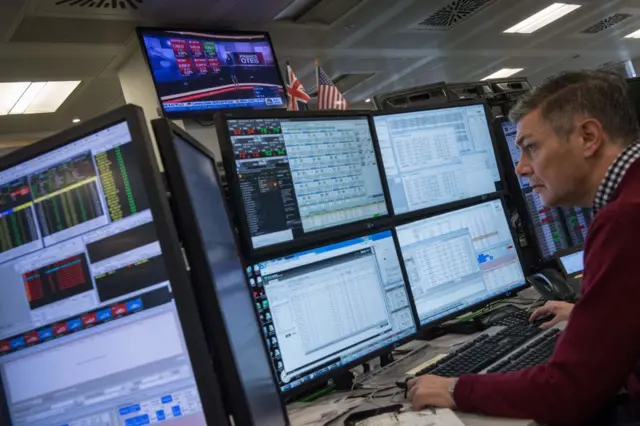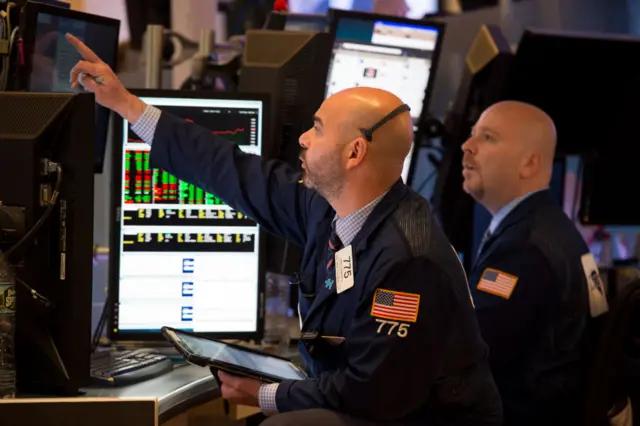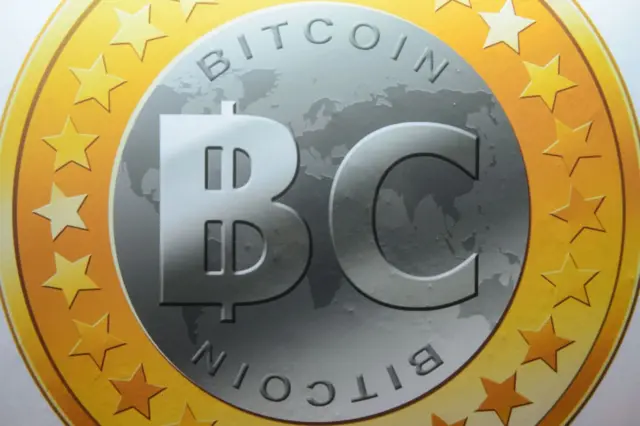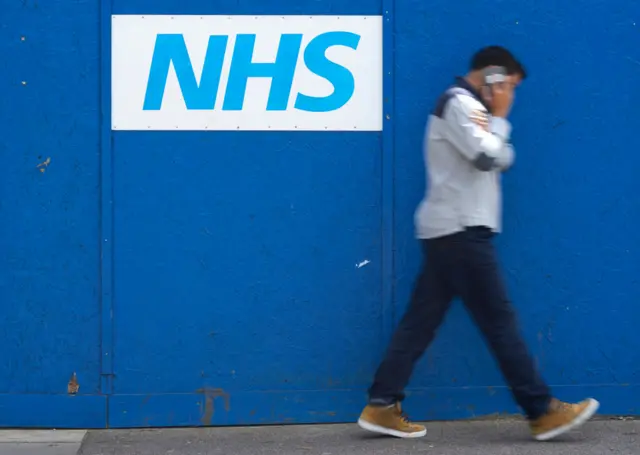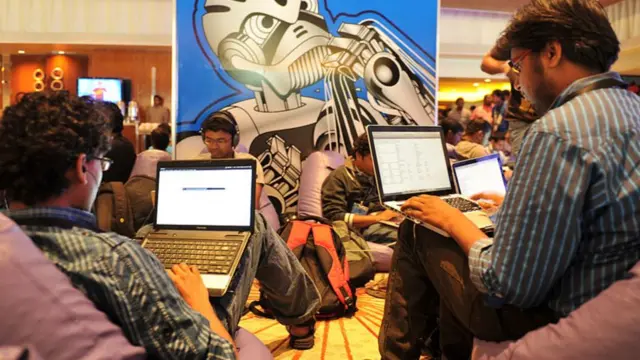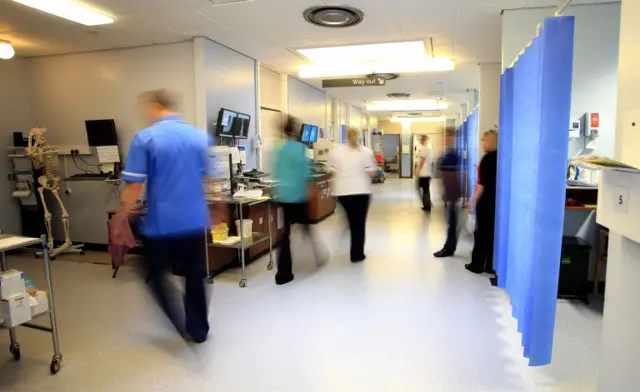Australia 'dodged' malware crisispublished at 17:11 BST 15 May 2017
 Image source, Getty Images
Image source, Getty ImagesAt least eight Australian businesses have been affected by the Wannacry virus, the Sydney Morning Herald reported today - although the Prime Minister's senior cybersecurity advisor said the country may have "dodged" the worst of the emergency because it started after Australian working hours on Friday.
Cybersecurity adviser Alastair MacGibbon said the worst of the attack fell while most Australians were asleep or not at their computers, likely limiting the impact. "But this is not game over for us," he warned.
Minister Dan Tehan, said all public service in Australia had been told to update their security systems, and the government was "reasonably confident that all required patching and security upgrades were in place".
